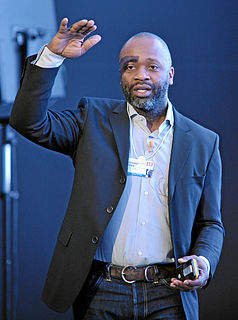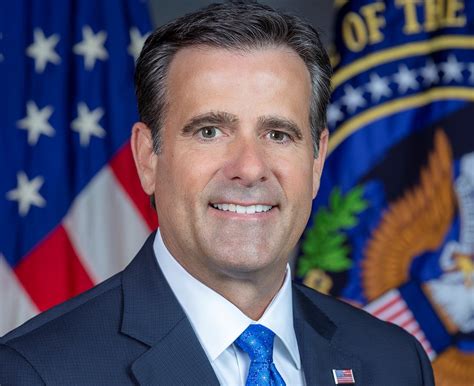A Quote by Bruce Chatwin
Proust, more perspicaciously than any other writer, reminds us that the 'walks' of childhood form the raw material of our intelligence.
Related Quotes
A writer - and, I believe, generally all persons - must think that whatever happens to him or her is a resource. All things have been given to us for a purpose, and an artist must feel this more intensely. All that happens to us, including our humiliations, our misfortunes, our embarrassments, all is given to us as raw material, as clay, so that we may shape our art.
Despite all the doom and gloom that constantly assaults our senses, there is a way for us to ransom our lives and reclaim our futures: it consists in turning away from the world to recognize what in life makes us truly happy. For each of us, what that is will be different. But once we obtain this inner knowledge, we will possess the ability to transform our outer world. "You can live a lifetime and, at the end of it, know more about other people than you know about yourself," the pilot and writer Beryl Markham reminds us. We cannot let this continue to occur.
We know that material things don't offer contentment, but we still buy more-more of the props and gadgets our culture tells us we must have in order to be happy and "happening." Our addiction to consumption distracts us from seeing that we are disconnected from ourselves, from our truth and from one another. Any euphoria we gain from our material gains is fleeting at best.
If there is one thing in mathematics that fascinates me more than anything else (and doubtless always has), it is neither "number" nor "size", but always form. And among the thousand-and-one faces whereby form chooses to reveal itself to us, the one that fascinates me more than any other and continues to fascinate me, is the structure hidden in mathematical things.






































